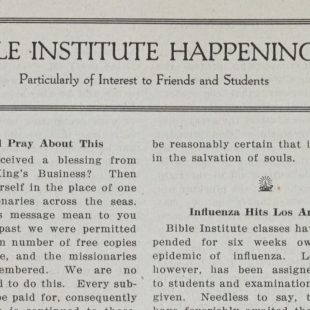On at least two occasions, John Webster reviewed combative books with which he largely agreed, but slipped in some gentle reprimands along the way. I think of these reviews often, as instructive instances of how a theologian can be constructive and peaceable even while entering
Essay / Theology
